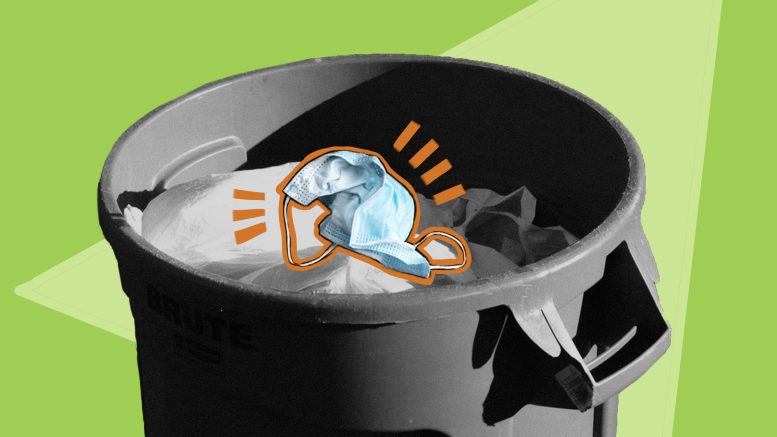Manitoba will drop self-isolation requirements for people who test positive for COVID-19, the province announced last week.
Dr. Jazz Atwal, Manitoba’s deputy chief provincial public health officer, said the province will begin recommending self-isolation — rather than requiring it — on March 15, the same day mask mandates will be lifted.
The province will also stop investigating spread of the virus on the same day.
Patients with positive results will still be advised on caring for themselves and whether they should receive treatment, but public health authorities will no longer try to trace where they became infected or transmitted COVID-19.
Ayush Kumar, a professor in the department of microbiology at the University of Manitoba, said removing this many restrictions at once is “too much, too soon” and argued the province could have opted for a more “incremental” approach.
“Self-isolation is the key to preventing the spread of the virus and protecting vulnerable people,” he said.
“Masks, we know, are probably the cheapest and easiest way to control infection and now in the last two years we have seen that, not just for COVID but also for other diseases, like [the] flu.”
Kumar said he would be “very surprised” if the province does not see another spike in cases with restrictions gone but could not predict how bad it would be and how many would be hospitalized or die from the virus.
Atwal said he does not think dropping restrictions will result in a new wave of COVID infection.
When asked if she thought there would be an increase in cases, Minister of Health Audrey Gordon said she has a “positive outlook” and hopes to “continue with that optimism,” but admitted the province had no data modelling to show whether cases would rise.
Health authorities have warned that since PCR testing is restricted and the province is not tracking most rapid test results, COVID case counts are a significant underestimate.
Silvia Cardona, a professor of microbiology at the University of Manitoba, said it would take about two weeks to really see how changes in public health restrictions would affect case numbers and hospitalizations.
“It’s very difficult to have a new measure and know what is going to happen immediately,” she said.
Cardona said a “balanced approach” is needed but stressed that the government had to be ready to reimpose previous restrictions if necessary.
“Let’s try to lift the restrictions as much as possible while we watch what happens in the hospitals, which is the most important thing, that the hospitals are not overwhelmed,” she said.
Cardona recommended people continue to wear masks in public and self-isolate of their own volition if they test positive.
Atwal said the self-isolation requirement is being eliminated because Manitoba is “moving to [the] endemic stage” of its response to the virus.
Cardona said COVID-19 is moving in the direction of becoming endemic, but “we are not quite there yet.”
“I want to be very clear, we’re not yet out of the woods,” she said.
Kumar noted that politicians and scientists may have different views on when a disease can be considered endemic and pointed out that endemic diseases are not necessarily mild and can still result in death.
“Malaria is an endemic disease [and] it kills a person every 30 seconds in Africa,” he said.
“HIV is endemic to several parts of the world, so what is our comfort level? […] That’s the question we need to ask ourselves.”


